Democratic Republic Of Congo
Congolese and U.N. officials were racing on Thursday to prevent a runaway Ebola outbreak in Congo, working out the logistics of keeping newly arrived vaccines well below freezing in a steamy region on the equator with unreliable power.
World Health Organization (WHO) spokesman Christian Lindmeier said the U.N. body would convene an Emergency Committee meeting on Friday to consider the international risks.
This is Democratic Republic of Congo’s ninth epidemic since the disease was identified in the 1970s, but also its most alarming because of the risk of transmission via regular river transport to the capital Kinshasa, a city of 10 million.
There have already been 44 suspected, probable or confirmed cases of Ebola, and 23 people have died. Potentially most worrying is a confirmed case in Mbandaka, a city of about 1 million connected to Kinshasa by the Congo River.
“This does change the way we need to respond,” Peter Salama, WHO’s medical emergency programme head told Reuters TV in Geneva.
“Overnight, Mbandaka has become the number one priority for preventing this outbreak from getting out of control.”
The other Ebola cases were spread across sites in remote areas where the disease might not travel quickly.
Already the WHO has warned that there is a “moderate” regional risk because the disease could travel along the Congo River to Central African Republic and Congo Republic. But it has said the global risk is low because of the remoteness of the area and the rapid response launched so far.
Deployment of Ebola vaccine
An experimental but highly effective vaccine is being deployed, with health workers being vaccinated first, but it normally needs to be kept 80 degrees Celsius below freezing in a humid region where daytime temperatures hover around 30.
“For now, the cold chain is guaranteed at -80 degrees until Kinshasa,” Health Minister Oly Ilunga told Reuters. “There is a fridge that will be prepared (on Thursday) … in Mbandaka and that will be at -80.”
“This vaccine is no longer experimental. The effectiveness has been proven and validated,” he added. “Now that we are facing the Ebola virus we must use all the resources we have.”
WHO spokesman Tarik Jasarevic told Reuters the vaccine can still be effective for up to two weeks if stored in a fridge at between 8 and 2 degrees above freezing.
REUTERS




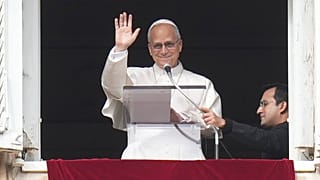
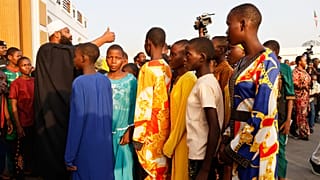
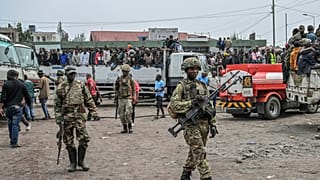
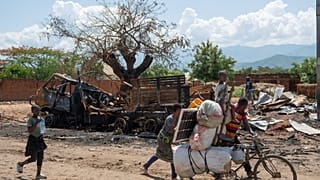
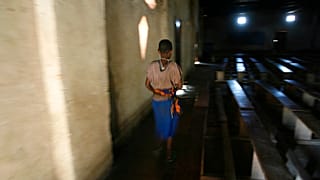


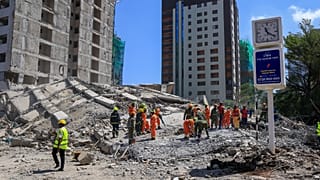
01:36
DRC, Liberia among five new non-permanent UN Security Council members
01:54
WHO chief looks back on a successful yet challenging 2025
01:11
Democratic Republic of Congo resumes cobalt exports after 10-month ban
02:19
In Goma, Kivu Fashion Week celebrates solidarity, hope and resilience
00:24
DR Congo: is Katanga the next target for M23 rebels?
02:07
Fear and uncertainty grip Uvira after M23 seizes strategic city